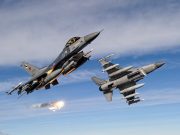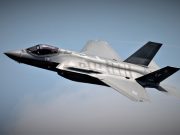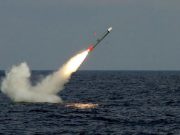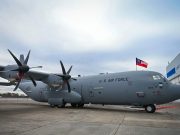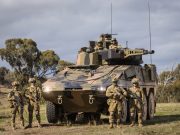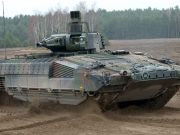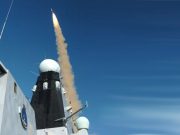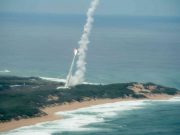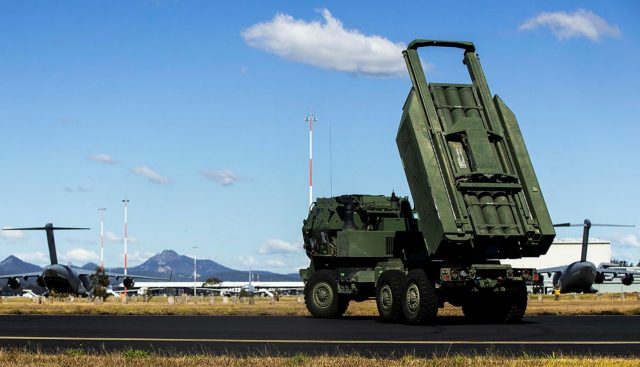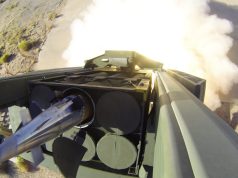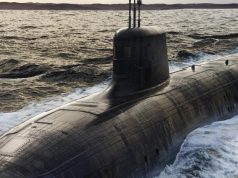The Australian defense ministry announced it would be boosting the Australian Army’s precision-guided weapons capability with the purchase of High Mobility Artillery Rocket Systems (HIMARS) from the United States.
Announced on January 5, the order will include launchers, missiles and training rockets.
The HIMARS system will be in use by 2026-27, according to the defense ministry.
While the defense ministry did not reveal the quantity of the systems to be purchased, the announcement follows the US State Department approval for the sale of up to 20 HIMARS launchers for an estimated cost of $385 million.
HIMARS munitions currently have a range of up to 300 kilometers, which is expected to increase with technological advances. The system also includes a weapon locating radar to detect and respond to land, air and maritime threats, which is being delivered by Australian company CEA.
Announcing the HIMARS purchase, Australia also said it had signed a contract with Kongsberg to deliver the Naval Strike Missile (NSM), which will be employed on the Hobart-class destroyers and Anzac-class frigates, replacing the ageing Harpoon anti-ship missile on those ships from 2024.
The combined total investment in these new acquisitions is more than $1.0 billion.
In September 2021, Australia also revealed it would be buying Tomahawk cruise missiles for the air warfare destroyers, giving them the ability to strike land targets at greater distances, with better precision.
“In the current strategic environment, it’s important the Australian defense force is equipped with high-end, targeted military capabilities. The government is taking a proactive approach to keeping Australia safe – and the Naval Strike Missile and HIMARS launchers will give our defense force the ability to deter conflict and protect our interests,” defense minister Richard Marles said.


